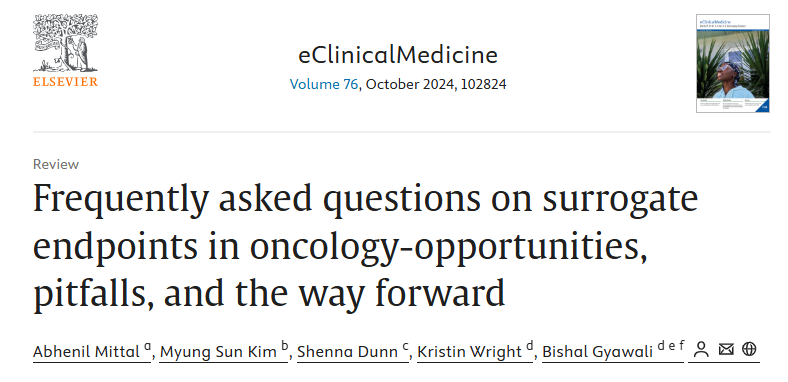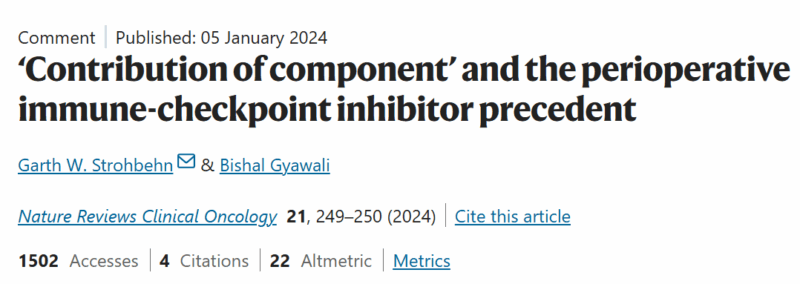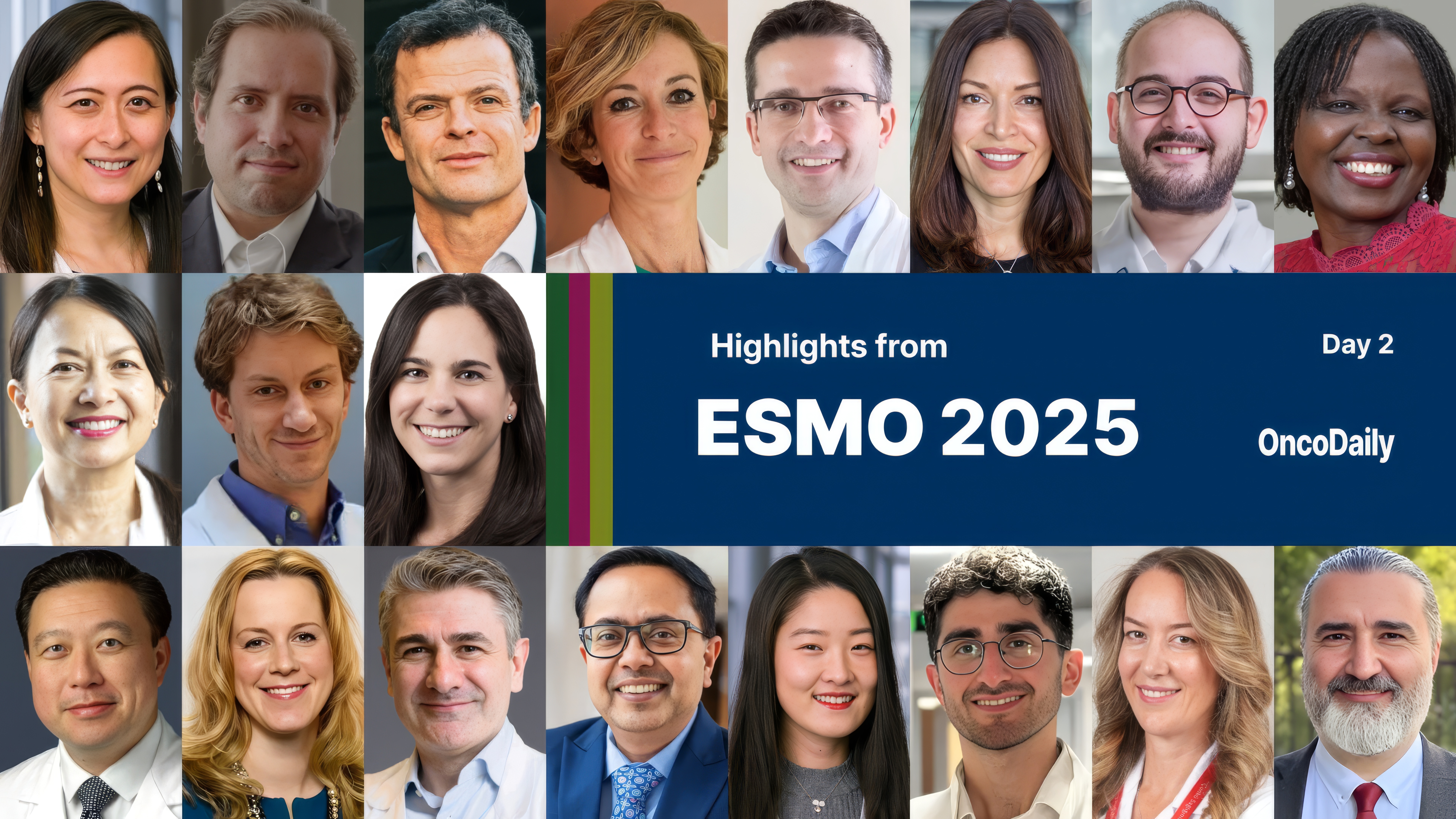Bishal Gyawali, Associate Professor at Queen’s University, shared a post on LinkedIn:
“I’ll have my take on the most important trials from ESMO25 soon on my regular ESMO roundup video, so stay tuned.
In the meantime, please consider these general points before you start claiming every trial with a P < 0.05 is the new standard of care. You don’t need to think critically to claim that everything is practice-changing.
1. Prognostic biomarker is not the same as predictive biomarker. A good prognostic marker alone doesn’t make a good surrogate. I’m talking path CR rates and ctDNA. They are good prognostic markers but not predictive or a surrogate.
Title: Frequently asked questions on surrogate endpoints in oncology-opportunities, pitfalls, and the way forward
Authors: Abhenil Mittal, Myung Sun Kim, Shenna Dunn, Kristin Wright, Bishal Gyawali

2. Perioperative trials! We need to know the contribution of components. We are overtreating our patients. Having fatal AEs or life-altering AEs in a curative setting is not “acceptable” or “well tolerated”. Even 1 additional cycle is too much if it’s not adding any benefit.
Title: ‘Contribution of component’ and the perioperative immune-checkpoint inhibitor precedent
Authors: Garth W. Strohbehn, Bishal Gyawali

3. Don’t inflate benefit by quoting relative risk reduction when absolute risk reduction is dismal or baseline (control arm) risk is pretty low to begin with.
4. When we are running 1000s of trials of immunotherapies, of course, we will get many false positives (we wouldn’t know which one). Slicing an individual trial data further into dozens of subgroups further intensifies this risk of seeing things where there is nothing to see. So don’t make any clincal inference based on these subgroup analysis.”
You Can Also Read:
ESMO 2025 Day 1 Highlights Not to Miss
ESMO 2025 Day 2 Highlights Not to Miss



